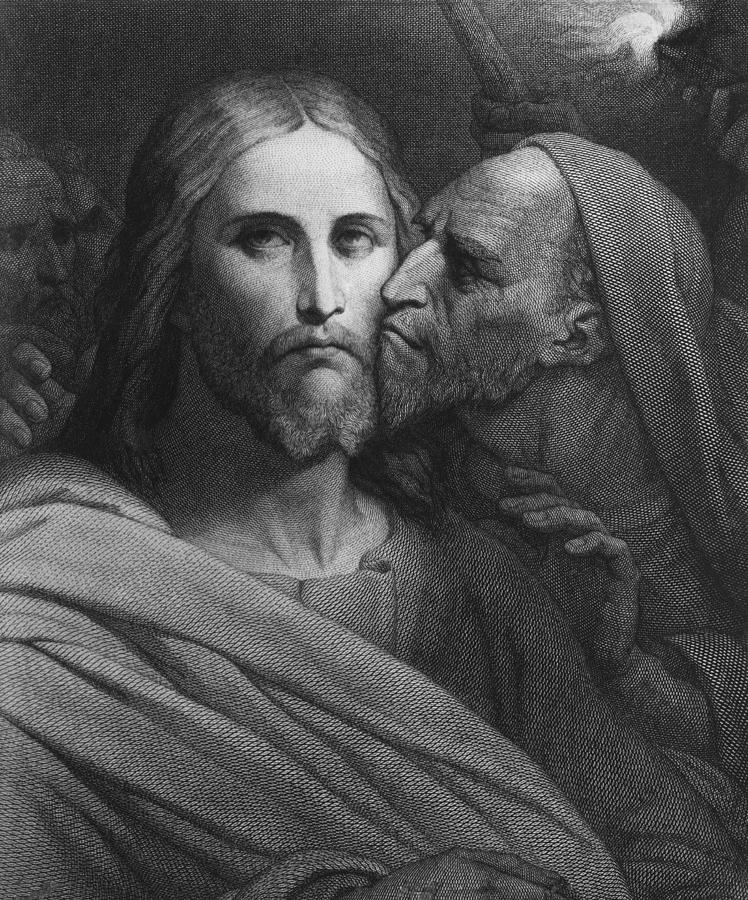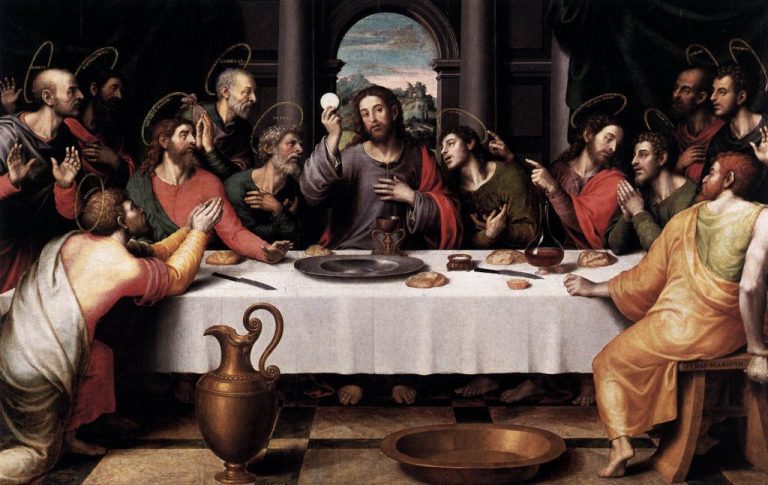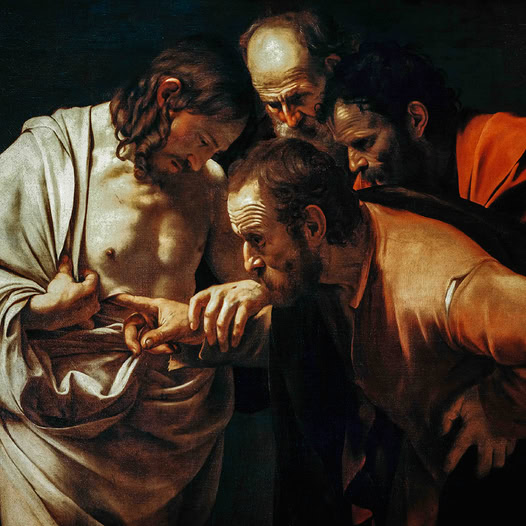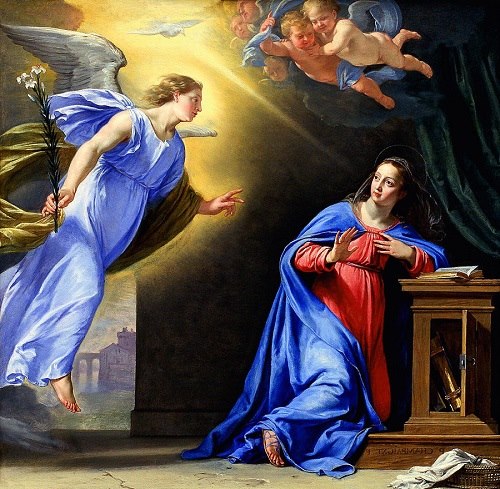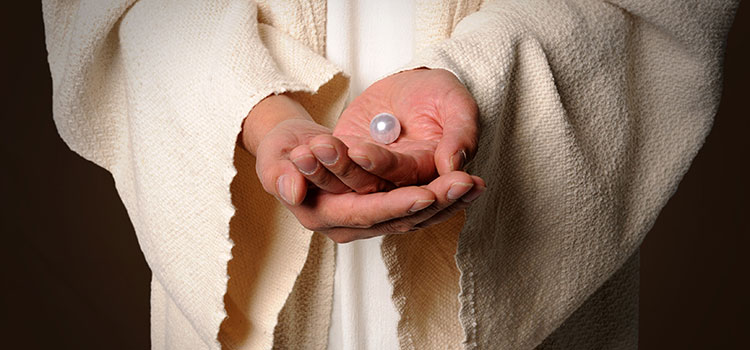Typical of what’s outside most large cities in America, fifty miles from Pittsburgh 1,700 people live in the small Boroughs of Prospect and Portersville. About 4,000 more people live in Franklin and Muddy Creek Townships that surround them.
In a surprising survey, a census noted that 51% of the people in both Prospect and Portersville identify themselves as Catholic. Similar numbers of Catholics may be reasonably expected among the 4,000 people who live in Muddy Creek and Franklin Townships. 51% of 5,700 people indicate an approximate total of 2,400 Catholics in the area served by the local Church, St. Christopher’s.
These figures will also apply approximately to thousands of communities outside large urban dioceses across North America. One might conclude that somewhere around half the people in the United States were born as Catholics.
Most of them are not attending Church. The unpleasant “Lapsed Catholics are lost.” is not something on which we want to dwell. Better to ask, “What can be done to increase the chances that lapsed Catholics will get to Heaven?”
Many Catholics moved into this area for good reasons; to raise their families in decent, traditional ways. Many were concerned about crime, better education, and lower taxes. The simple fact is that it makes a lot of sense to move out here.
Newcomers to rural areas quickly discover that the local establishment is largely Protestant. Many of the area’s old families are justifiably proud of having local roots that reach back two centuries and a decade or so beyond. They attend many faithful, local churches that follow Scripture. These strive to maintain themselves despite denominations dissolving around them. Many Catholics gravitate toward them.
The great faith that guided and protected their Catholic ancestors as they made the painful trips from Europe’s tyrants to America’s comparative freedom and opportunity is, sometimes, sadly forgotten. “The faith of our fathers could stand everything but prosperity.” can be said by many lapsed Catholics.
Catholics wishing to return to their family’s faith may choose to pray for the grace to more fully consider the blunt, straight-forward words of Jesus Christ:
“I am the living bread that came down from heaven; whoever eats this bread will live forever; and the bread that I will give is my flesh for the life of the world.”
As we think about St. John’s quotation of Christ’s actual words, we cannot help but think of Catholic Communion. Even the longest-lapsed Catholic remembers that the wafer and the wine are transformed into the Body and Blood of Christ at the hands of a Catholic priest at the Mass. It is Christ Who promises that “whoever eats this bread will live forever”.
We know that we can find this miraculous “bread” nowhere else.
Some, today, refuse to take seriously the injunction to “eat My flesh”. Similarly, many in Christ’s day vehemently took issue with what Jesus said. He heard their disagreements: “The Jews quarreled among themselves, saying, “How can this man give us (His) flesh to eat?”
Jesus made clear to the argumentative Jews that He was not backing down. Instead, He restated more emphatically:
“’Amen, amen, I say to you, unless you eat the flesh of the Son of Man and drink his blood, you do not have life within you. Whoever eats my flesh and drinks my blood has eternal life, and I will raise him on the last day.’” (italics added)
Many still would not believe Him. Then, He made it harder for them to take Him seriously, amplifying the disconcerting imperative to “eat My flesh” with the equally abhorrent “drink My blood”. Every human-centered view of right and wrong concluded then, and concludes now, that Christ’s words could be taken no more seriously than could He.
They argued, in an attempt to force God into lowering Himself to their, human, standards. He wouldn’t budge, and they wouldn’t bend. They preferred a form of idol worship and bowed to middle-class self-righteousness. That kept them from understanding that believing Christ’s words on this subject is absolutely necessary to escape both self and self-righteousness.
As if He had not already made His point emphatically enough, Jesus went on to hammer the point home:
“For my flesh is true food, and my blood is true drink. Whoever eats my flesh and drinks my blood remains in me and I in Him. Just as the living Father sent Me and I have life because of the Father, so also the one who feeds on Me will have life because of me.”
There is no doubt about what Jesus Christ is saying. He is restating clearly that “the one who feeds on Me will have life because of Me.”
As if that weren’t enough, He continues on the same subject:
“This (My body) is the bread that came down from heaven. Unlike your ancestors who ate and still died, whoever eats this bread will live forever.”
There are no other places in Scripture where Jesus repeats the same thing, over and over, offending nearly all of those good people who followed Him to the point that they were driven away. And, we want to think about where He was when He said these things:
“These things he said while teaching in the synagogue in Capernaum (with the full force of the Hebrew tradition behind Him)
First, the weaker followers realized how difficult it was to believe Him when He said such things. And, they realized how hard it would be to tell others about His bizarre command to “eat My flesh and drink My blood”. As a result of their too-conventional thinking on the subject, they replied:
“. . . “This saying is hard; who can accept it?” Since Jesus knew that his disciples were murmuring about this, He said to them, “Does this shock you?
Jesus was aware that they were shocked, stunned, surprised, and almost speechless as they recoiled in horror from even thinking about what He was saying. He knew that many of them would go on murmuring about His statement that His followers must eat His flesh and drink His blood. So, He asked them a very appropriate question:
“‘What if you were to see the Son of Man ascending to where he was before?'”
Then, would they believe? If they saw Him rise from the dead and ascend into Heaven, would that be enough to let them believe? Is He “making a deal”, that His coming Ascension would be seen and then they would accept “Eat My flesh and drink My blood”? Did they agree that if they saw Him ascent to Heaven that hey would then accept His statement that they must “eat His flesh and drink His blood”:
“It is the spirit that gives life, while the flesh is of no avail. The words I have spoken to you are spirit and life.”
He announced to the ages what every human soul would need to know to be saved. He’s clearly telling people from then to beyond now that His Body and Blood are, in actual fact, spirit and life. Jesus knows many will deny His repeated declarations on the subject. He is aware that some would have too little faith to take it in:
“’But there are some of you who do not believe.’ Jesus knew from the beginning the ones who would not believe and the one who would betray him.”
Then, He let humanity know that faith great enough to accept those words of His could only come into minds that had been prepared, re-programmed, by His Father, The Loving Programmer. He announced to the world that those who would not accept His teaching did not do so because they had not been chosen to be one of His followers:
“And he said, “For this reason I have told you that no one can come to Me unless it is granted him by my Father.”
He is letting us know that those who do not believe in the importance of eating His flesh and drinking His blood have not been called to do so by the Father. We may reasonably assume that those who do accept and seek out the opportunity to eat His flesh and drink His blood have actually been called to eternal joy by the Father.
So, a Catholic who refuses to seek out that Sacrament has to explore the long-term risks such a position entails.
“As a result of this, many (of) his disciples returned to their former way of life and no longer accompanied Him (the perfect description of the lapsed Catholic).
Jesus then said to the Twelve, “Do you also want to leave?”
Simon Peter answered him, “Master, to whom shall we go? You have the words of eternal life.
We have come to believe and are convinced that You are the Holy One of God.”
Jesus answered them, “Did I not choose you twelve? Yet is not one of you a devil?”
He was referring to Judas, son of Simon the Iscariot; it was he who would betray him, one of the Twelve.” [John 6: 49-71]
Any who do not fully believe in what Christ has told us about eating His body and drinking His blood may want to ask God to provide them enough faith to do so. Their ancestors had that faith, most of them for a thousand years and more, until the other side began to successfully fragment the Body of Christ on earth.
Our responsibility toward the Lapsed Catholic is clear. We must pray that they don’t want to break the chain that their ancestors in Heaven are praying will be continued on earth. And, we must make clear that the only way they can receive the actual Body and Blood of Jesus Christ is at the Catholic Mass.
There, He is provided to the fully and completely faithful by our priest. That blessed man is at the end of a living chain connected with the Son of God by two thousand years of hands being laid on, generation after generation, going straight back to Him.



